 |
| September 14, 2020 |
Dear Reader,
Venus hosts possible signs of life, a new discovery suggests. Unusually high concentrations of phosphine—a chemical typically associated with living creatures—have been detected in the hellish world's atmosphere. Our main story has the details. Also featured in this roundup are photographs showing the effects of the recent weeks' wildfires on the landscape and people of the western U.S. And lastly, we share a conversation with the chief curator of the Smithsonian Institution's National Postal Museum. Ahead of a general election in which coronavirus precautions will lead many Americans to vote by mail, he explains how mail-sorting machines work and why they are so crucial to today's postal service. |
| | Sunya Bhutta, Senior Editor, Audience Engagement
@sunyaaa | |
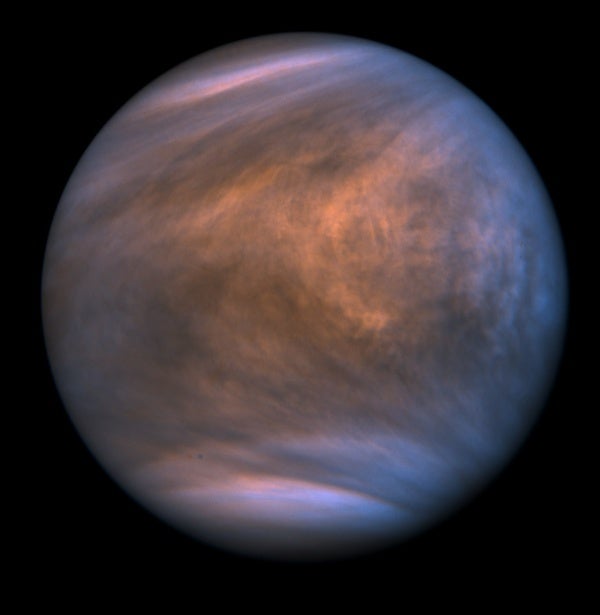 |
| |
| |
| |
| |
| |
| |
| |
| Behavior & Society The Hawking Limit The late, great physicist showed us how to keep embracing life and work even as his physical condition deteriorated | | | | |
FROM THE STORE
 | | | |
| |
FROM THE ARCHIVE
 | | | |
| |
LATEST ISSUES
 |
| |
| Questions? Comments?  | |
| Download the Scientific American App |
| |
| |




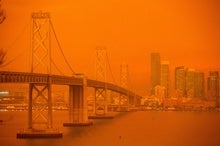
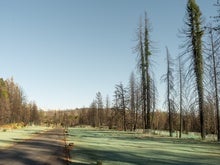
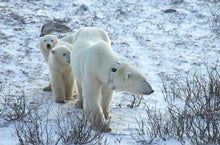
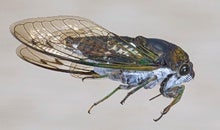
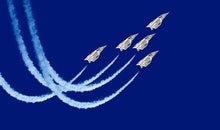

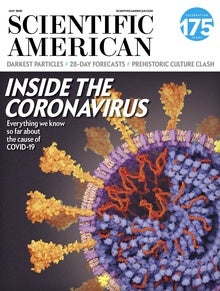

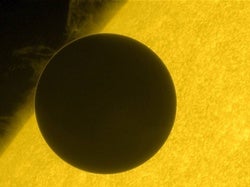
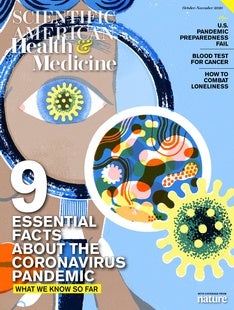

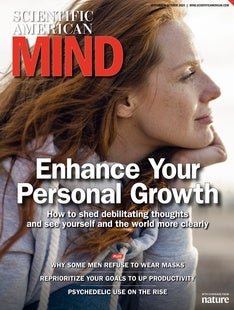
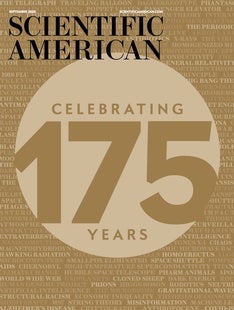
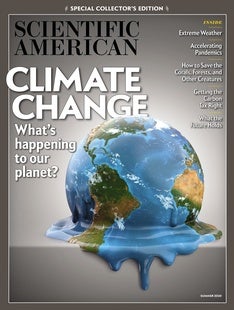



Comments
Post a Comment